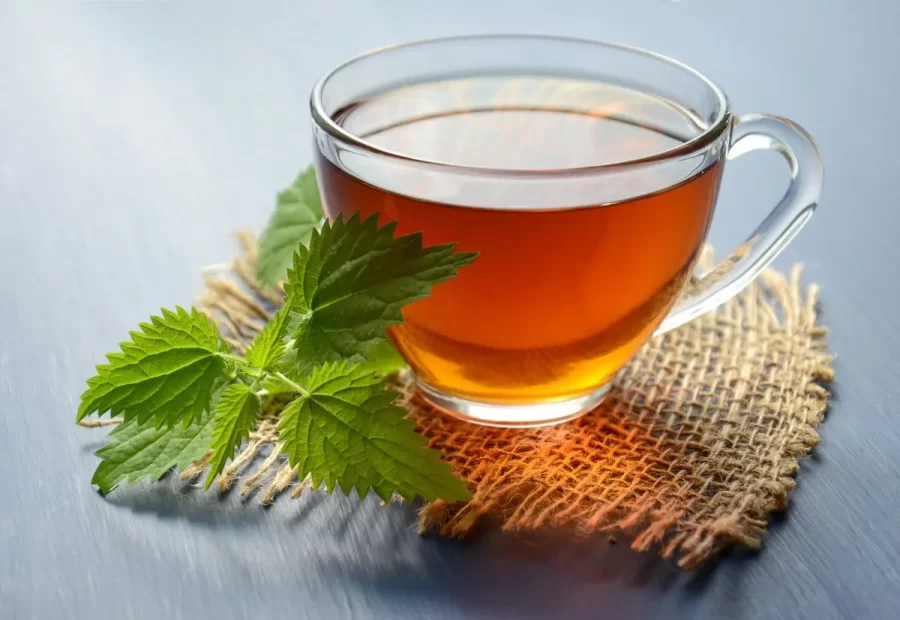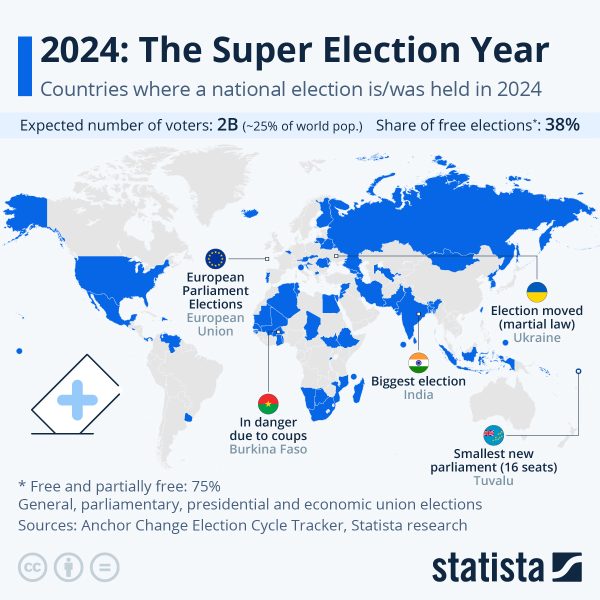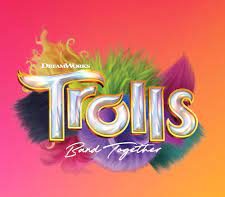The History of Tea
January 21, 2022
Tea. Many Americans associate this drink with British culture. Upon second thought, perhaps the Boston Tea Party or a specific kind of tea comes to mind. What most don’t know, however, is that tea didn’t come from Britain. Tea didn’t even originate in Europe, and the British were one of the last groups globally to start drinking tea.
The origin of tea cannot be exactly pinpointed, because it’s been around for thousands of years. Legend has it that Chinese Emperor Shen Nung was drinking boiled water when a leaf from a tree fell into his cup. He liked the taste, which led to the birth of a new drink. At first, tea was only drunk by the emperor and those close to him, but the practice of drinking tea soon spread and became a staple of Chinese culture.
Many years after tea became popular in China, and long before it made its way to Europe, it began to be traded among Asian nations. The Japanese began drinking tea in the early 9th century when a Buddhist monk returned home from his studies in China and brought tea seeds with him. The early religious mark on tea in Japan led directly to the formation of the Japanese Tea Ceremony, a spiritual ceremony meant to welcome guests into an atmosphere of hospitality by the host. The Ceremony was considered an essential part of Japanese culture and respect, with special tea rooms built in backyards for this use. This ceremony still exists today, although usually shortened from its original multi-hour procedure down to sharing a bowl of tea.
Tea didn’t make its way to Europe until the early 1600s, around 4000 years after the legendary invention of the drink. The Dutch and Portuguese were the first groups to import the product, and it didn’t become a part of English culture until the 1660s when the King of England married a Portuguese princess who loved tea. She shared it with the nobles and members of the king’s court, but tea didn’t gain popularity among the majority of people in Britain until the 18th century. Taxes on tea were so expensive, that only illegally imported tea was affordable for the British public. In the 1700s, these taxes were reduced and more people were able to afford the drink. Around this time, Sir Thomas Lipton created a tea company, which we know as Lipton tea, designed to bring the product to the masses after the taxes were reduced, which boosted its popularity in Britain.
Thus, the British were last in line for tea on the global stage.
Now on to the part you’ve probably heard before. In the late 18th century, Britain exported a lot of tea, and the 13 American colonies imported a lot of it. To capitalize off of their colonies, Britain raised the tax on tea headed for the Americans to over 100%, doubling the price of tea as it entered American ports. Americans rebelled against this tax with boycotts and protests, the most notable of which involved American revolutionary leaders dressing up as Native Americans and throwing British tea into the Boston Harbor. The aftermath escalated tensions between Britain and its colonies, eventually contributing to the American Revolutionary War.
Though tea is a large part of British culture, it’s important to acknowledge its vast global significance and rich history. Tea isn’t just a drink, it is an essential part of many cultures and religious ceremonies. After all, not many drinks have been invented by legendary emperors or have contributed to revolutions!
Sources:
- https://www.tea.co.uk/history-of-tea#:~:text=The%20story%20of%20tea%20begins,tree%20blew%20into%20the%20water.&text=The%20tree%20was%20a%20Camellia,what%20we%20now%20call%20tea.
- https://www.lipton.com/us/en/our-purpose/the-history-of-tea.html
- http://www.coffeeteawarehouse.com/tea-history.html
- https://www.japan-guide.com/e/e2096.html
- https://www.britannica.com/event/Boston-Tea-Party
Image Source:
https://www.aicr.org/cancer-prevention/recipes/cinnamon-green-tea/









